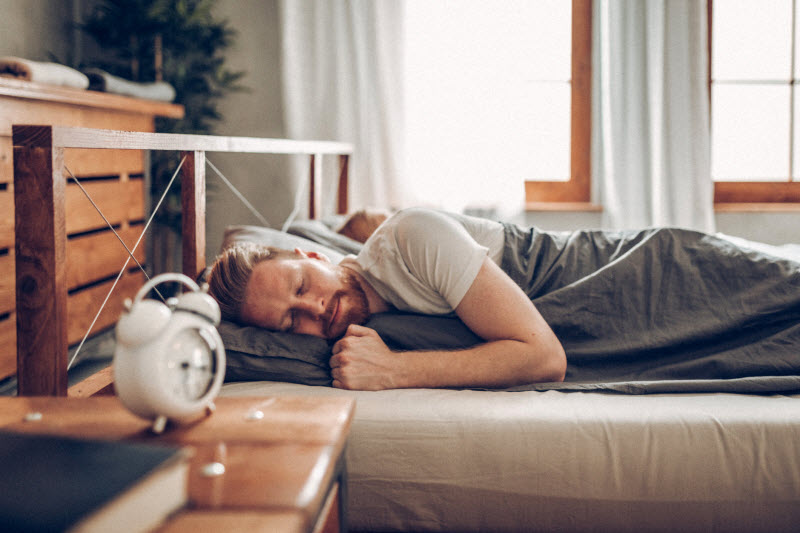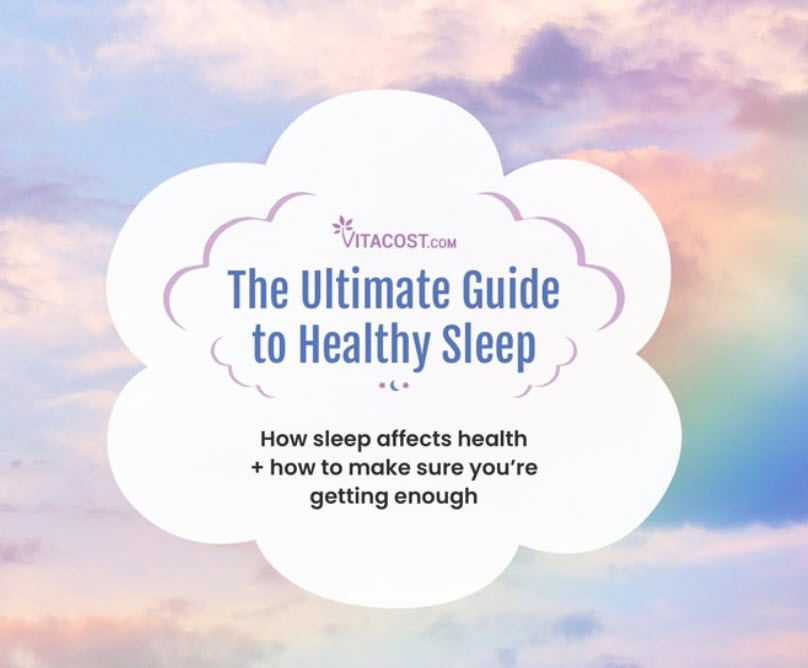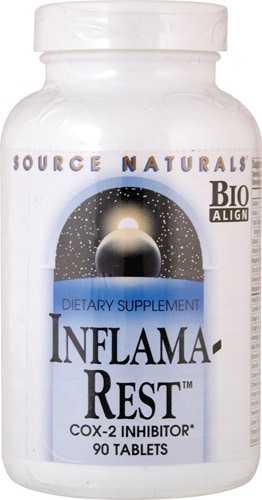 Participants in the study -- whose average age was 75 -- underwent yearly clinical and cognitive testing over an average period of 4.5 years.
The researchers found that people at both ends of the sleep spectrum – long sleepers and those who struggled to get enough shut-eye – performed more poorly on the cognitive tests than those who slept for more moderate amounts of time.
Based on their findings, researchers say sleeping less than 4.5 hours or more than 6.5 hours is more likely to cause cognitive scores to decline over time.
Participants in the study -- whose average age was 75 -- underwent yearly clinical and cognitive testing over an average period of 4.5 years.
The researchers found that people at both ends of the sleep spectrum – long sleepers and those who struggled to get enough shut-eye – performed more poorly on the cognitive tests than those who slept for more moderate amounts of time.
Based on their findings, researchers say sleeping less than 4.5 hours or more than 6.5 hours is more likely to cause cognitive scores to decline over time.
Sleep and the brain: Are you getting enough sleep?
By contrast, study participants who slept for periods that fell between those two numbers had cognitive scores that remained stable throughout the testing period. Before calculating whether you are getting enough sleep, know that your best guess is likely to be a bit off the mark. When measuring sleep time, the Washington University researchers used a small electroencephalogram (EEG) monitor strapped to the foreheads of participants. The researchers note that EEG devices generally record estimates of sleep time that are about an hour shorter than the amount of sleep study participants self-report. So, it might be safe to assume that you are getting about an hour less sleep than you think.Should you change your sleeping habits?
Despite the study findings, the researchers emphasized that each person has his or her own unique sleep requirements. If you wake up feeling rested -- regardless of whether you sleep for shorter periods, longer periods or something in-between -- changes in sleeping patterns likely are not necessary, they say. Your overall sleep quality is probably more important to cognitive function than the amount of time you sleep, the researchers say. So, if you are tired and not sleeping well, it might be time to seek help with your sleep problems, they add. The researchers say those who address their sleep issues might see improved cognition.Tips for getting better sleep
If you want to take a DIY approach to improving your sleep, it might help to focus on The Sleep Foundation’s four categories of actions it says can induce better slumber. They are:Creating a sleep-inducing bedroom.
This starts with getting a high-quality combination of pillow, mattress and bedding. Keep the room dark and quiet. Research suggests the optimal room temperature for sleep is 65 degrees Fahrenheit.Optimizing your sleep schedule.
Figure out how much time you need for good sleep and make sure to budget that into your evening every night. Wake up at the same time every day, and try to avoid napping during the day, or limit napping to 20 minutes.Crafting a pre-bed-time routine.
Take time to wind down before going to bed -- experts suggest at least 30 minutes. Activities that can help you relax include reading, low-impact stretching or listening to calming music. Lowering the lights and avoiding electronic devices can enhance production of the hormone melatonin, which promotes sleep.Fostering pro-sleep habits during the day.
Engaging in -- or in other cases, avoiding -- specific behaviors during the day can promote sleep at night. Regular exercise has been tied to better sleep, as long as the activity isn't too close to bedtime. Limiting caffeine and alcohol intake and avoiding smoking also can help you sleep better. Eating too late in the evening can make it tougher to fall asleep, as your body is still digesting the food.To further fine tune slumber success, check out The Ultimate Guide to Healthy Sleep, a free e-book packed with helpful tips, information and recipes:




